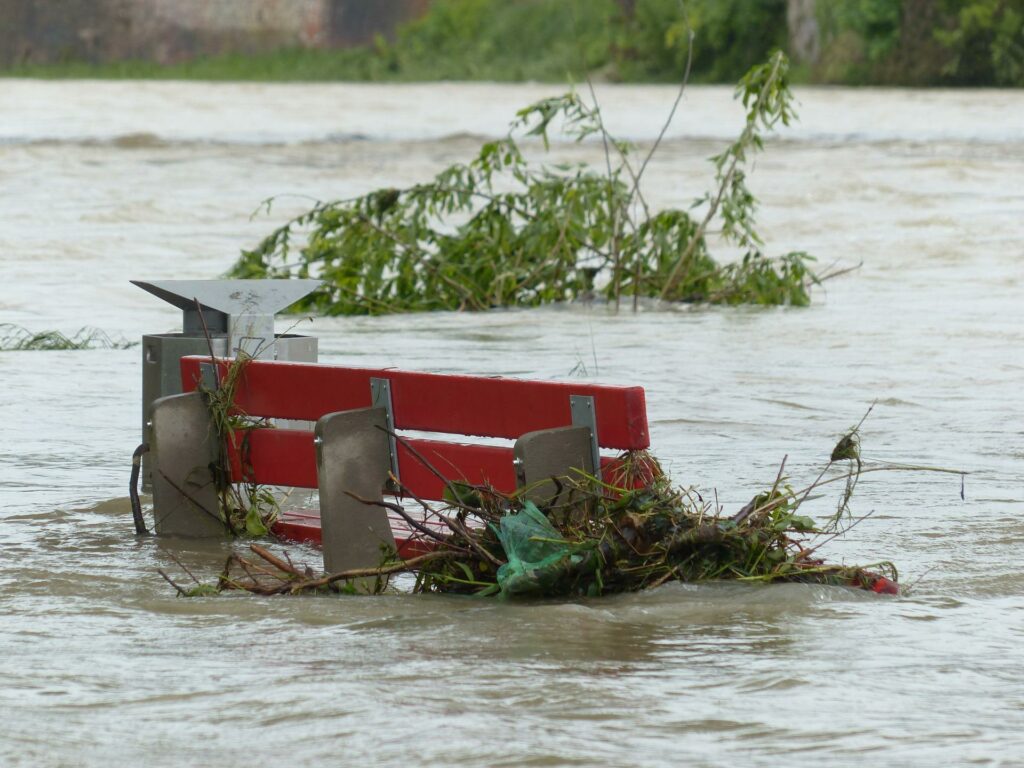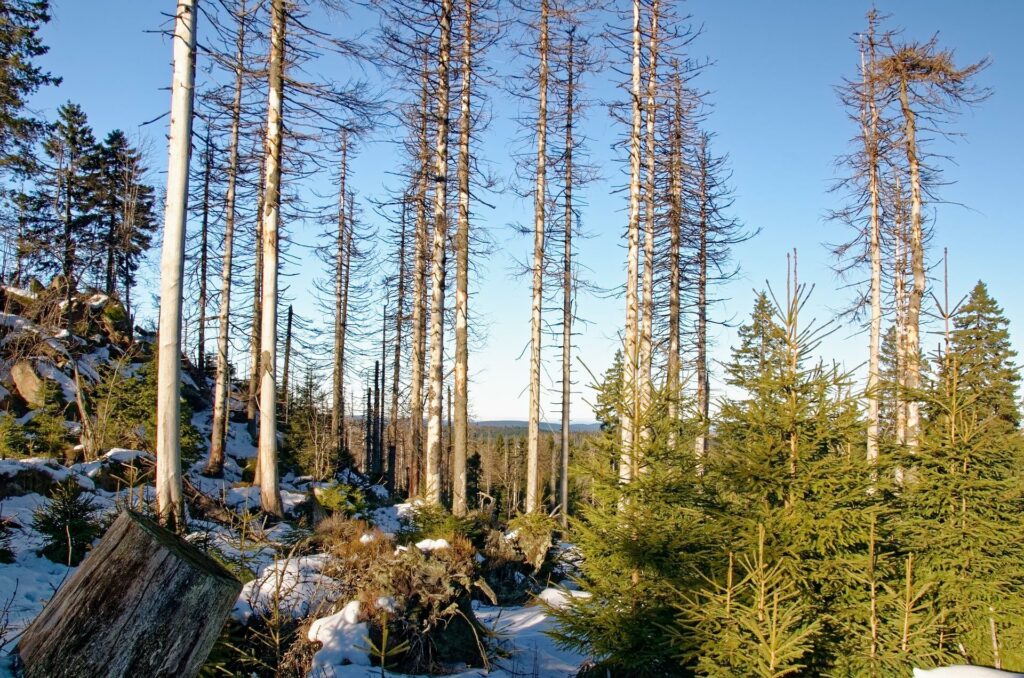Climate change and its often devastating consequences are omnipresent worldwide. A project at Hof University of Applied Sciences will now focus on the specific consequences for rural areas in the Upper Franconia region in the coming year. The researchers at the Institute for Water and Energy Management (iwe) want to develop a concept for regional climate adaptation that can compensate for periods of drought and heavy rainfall in water management by integrating digital elements - a unique project to date.

"Smart Sponge Region (SPORE)" is the title of the pilot project launched at the beginning of May, which is due to be completed by the end of October 2023. The name says it all: in future, the region is to handle its water resources like a sponge and thus lay the foundation for balancing periods of drought and increasing heavy rainfall events.
Safeguarding the foundations for humans and animals
"We want to find out what needs to be done to adapt to climate change in our region - in terms of agriculture and forestry, but also with regard to water management for settlements," says project manager Dr Stephan Wagner, explaining the researchers' goal. Together with local authorities and companies, among others, solutions are to be developed on the basis of regional forecasts for climate change in order to ensure basic ecological functions and the sustainable use of water resources.
Ultimately, this is about nothing less than securing economic development in the region and maintaining the quality of life for people and animals."
Dr Stephan Wagner, Project Manager SPORE
Detailed analysis of rural areas
The concept of the "sponge region" is based on a systematic investigation of the necessary climate change adaptation of rural areas and their urban centres.

"Upper Franconia will continue to face drier summers with short, intense rainfall in the future. This will lead, for example, to drought stress in trees and increased forest dieback, for example due to bark beetle infestation. Other effects of climate change may include flooding as a result of heavy rainfall events, lowering of the groundwater table, crop failure, forest dieback and forest and wildfires as a result of prolonged drought," says Dr Stephan Wagner. It is not yet known how severely the region will be affected and where adaptation measures will be particularly necessary. "For the region of Upper Franconia, the SPORE project will therefore initially determine the effects of climate change on the water balance of small town structures as well as agricultural land and forests. Pioneering and regional solutions for adaptation measures will be developed for the most severely affected areas. These include, for example, the rewetting of forests, the design of water-resilient new housing estates and the recycling of wastewater for irrigation," says Wagner.

Digitalisation for better networking
"Our project is unique in this form - not least because the effects of climate change on coastal regions or urban areas have mostly been investigated to date," says Prof Günter Müller-Czygan, who will take over the management of the project from July. As part of many projects at Hof University of Applied Sciences, the endowed professor is shedding light on the ongoing digitalisation of water management, which should also be beneficial in terms of climate change:
Climate change is already unstoppable to some extent. This is why intelligent and modern solutions are needed to make its consequences as bearable as possible for humanity. Digitalisation creates networking and provides us with a lot of fast information that we can use."
Prof Günter Müller-Czygan, future SPORE project manager
The integration of digital elements into water management is intended to strengthen the "sponge function" for the best possible utilisation of water resources.
Development of three specific pilot projects
The project itself is divided into two phases. In phase one, Hof University of Applied Sciences is developing the concept of the sponge region and determining the need for climate change adaptation measures. The local competence network Wasser und Energie e.V., which also developed the project idea, supports the researchers in setting up the network and identifying needs by organising and conducting knowledge transfer workshops. In phase two, five project ideas will be developed as pilot projects by the university and its partners. Three of the pilot projects are to be developed to such an extent that implementation following the SPORE project becomes feasible.
Promotion
The funding required to realise the research project was successfully applied for from the Wilo Foundation and Hof University of Applied Sciences. In addition to the Kompetenznetzwerk Wasser und Energie e.V. from Hof, the Fernwasserversorgung Kronach also supports the project.
